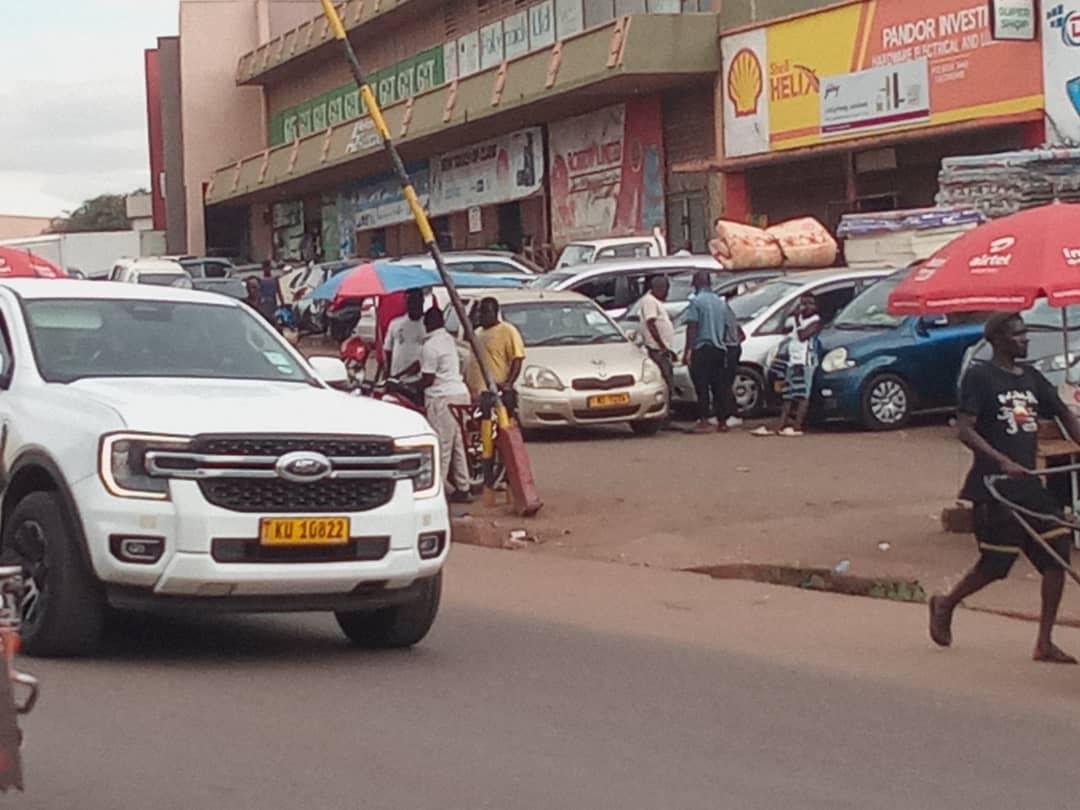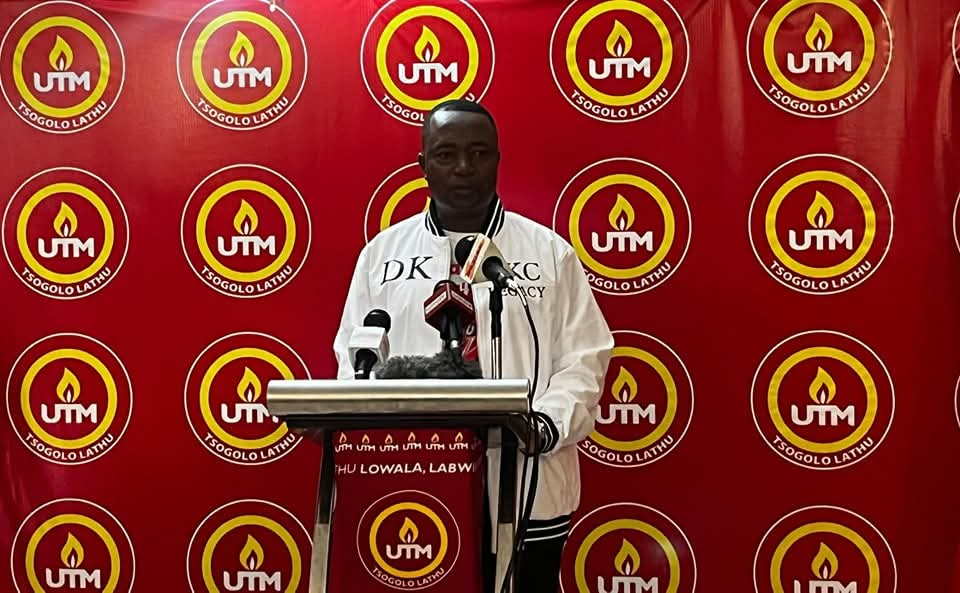By Burnett Munthali
The concept of e-parking still baffles me.
This is because business car owners and taxi drivers continue to pay for parking services in Lilongwe from the time it was introduced.
Despite the consistent collection of these fees, the government side still cannot maintain the dilapidated tarmac in front of the shops near the mosque popularly known as “pa mzikiti.”
This is a clear sign of a system that collects revenue but fails to deliver the basic services that justify such payments.
The potholes and cracks on that stretch of road are not just an inconvenience—they are an eyesore in what is supposed to be a functioning city.
Business owners who park there daily, and taxi drivers who rely on that space to pick up and drop off customers, are forced to pay even as their vehicles suffer the wear and tear of a poorly maintained road.
There seems to be no accountability or explanation as to where the money collected through e-parking goes, and why basic road maintenance remains a forgotten priority.
What is even more baffling is the tolerated presence of self-appointed enforcers—commonly known as “anyamata a mgodi”—from Mchesi.
These young men collect a fee from each car that parks or does business in that area.
Should a driver or shop owner refuse to pay, they are often met with threats or outright denial of access.
This informal gang operates without any legal mandate but with an air of authority that suggests they are untouchable.
Locals allege that these young men belong to the ruling party’s youth wing, and that their activities are not only known but silently condoned by those in power.
At the helm of this group is a figure who is both feared and well-known: a man called Mulo.
Mulo is widely seen as the ringleader—someone whose name alone invokes compliance from victims and silence from authorities.
Under his watch, the “anyamata a chipani cholamula” (youths of the ruling party) have turned what should be public parking space into a private revenue stream.
This disturbing reality reveals a deeper rot in the system—a parallel power structure that enforces its own rules, extracts its own fees, and uses political allegiance as a shield against justice.
It is tragic that in a democratic society, a government-sanctioned parking system can operate side by side with an illegal, fear-driven extortion network—and both can fail to serve the very people they claim to control or represent.
E-parking, in theory, should have been a step forward for Lilongwe—a way to organize the chaos of urban traffic and generate funds for better infrastructure.
But instead, it has exposed the dysfunction and lack of oversight in our institutions.
Citizens are being squeezed from both ends: formally by the government and informally by gangs hiding behind political connections.
This dual extortion leaves ordinary business people and drivers powerless, burdened by payments that yield no benefits and threats that ensure compliance.
What’s needed now is more than just a surface-level intervention.
The authorities must audit the e-parking system, account for its revenues, and immediately prioritize maintenance of key roads like the one near pa mzikiti.
They must also confront the uncomfortable truth about the “anyamata a mgodi”—disband these groups, hold their leaders accountable, and restore lawful order to public spaces.
Until then, the residents of Lilongwe will continue to pay the price—literally and figuratively—for a parking system that charges without serving, and a political culture that protects impunity over integrity.




